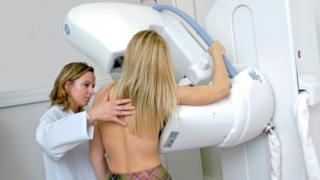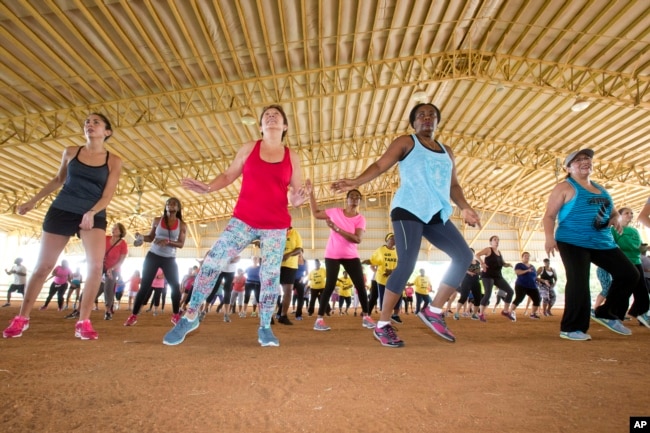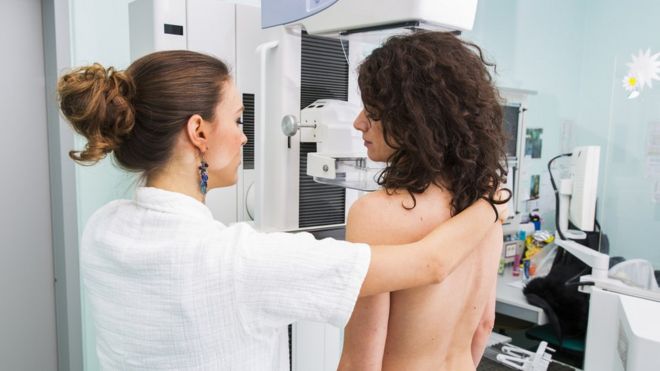Using data from the World Health Organization, researchers at the International Prevention Research Institute in Lyon, France, calculated mortality rates in 47 countries between 1987 and 2013. They found a drop in mortality rates in 39 countries. Declines in breast cancer deaths were most prominent in developed countries, with England and Wales experiencing the biggest drops.
Some rates are up
Results from South America were mixed. Breast cancer death rates increased for women of all ages in Brazil and Colombia, while rates declined for all women in Argentina and Chile. South Korea had the largest increase in mortality among women, with an 83 percent increase overall and a higher mortality in every age group. Cecile Pizot, an epidemiologist and the study’s lead author, said changes in South Korean society, which is quickly evolving from an agricultural society to a highly industrialized one, “might explain the considerable shift in cancer mortality.”

A woman walks under a canopy of umbrellas erected outside the Ministry of Public Health, part of a campaign aiming at raising awareness of breast cancer prevention, in Beirut, Lebanon
Breast cancer is the most common cause of cancer for women globally: 1 in 4 cancers diagnosed in women is breast cancer, the International Business Times reported. “Comparing mortality trends between countries helps identify which health care systems have been most efficient at reducing breast cancer mortality,” Pizot said.
Age plays a role
Other findings in the study: In the United States, breast cancer death rates decreased 36.36 percent, from 22 deaths per 100,000 women in the years 1987-1989, to 14 deaths per 100,000 women in the years 2011-2013. Globally, Pizot said mortality rates went down more for women younger than 50 than for women older than 50. She thinks it’s because younger women receive more aggressive treatment. Pizot said it’s not clear what role mammography plays in helping to identify early breast cancers, the period when the disease is most treatable.
She said some countries in similar geographic locations and with similar socio-economic status had similar trends in mortality, even though some health care systems in those regions started using breast X-rays earlier than others. Pizot said future research should focus on risk factors, access to health care and the use of multidisciplinary treatment teams. Pizot presented the findings at the American Association for Cancer Research meeting held this week in San Antonio, Texas. The San Antonio Breast Cancer Symposium, which began in 1977, has grown to a five-day conference that draws researchers and physicians from more than 90 countries.
http://www.voanews.com/a/breast-canc...s/3630816.html


 The Science, Health, and Technology Room
The Science, Health, and Technology Room

 Reply With Quote
Reply With Quote












